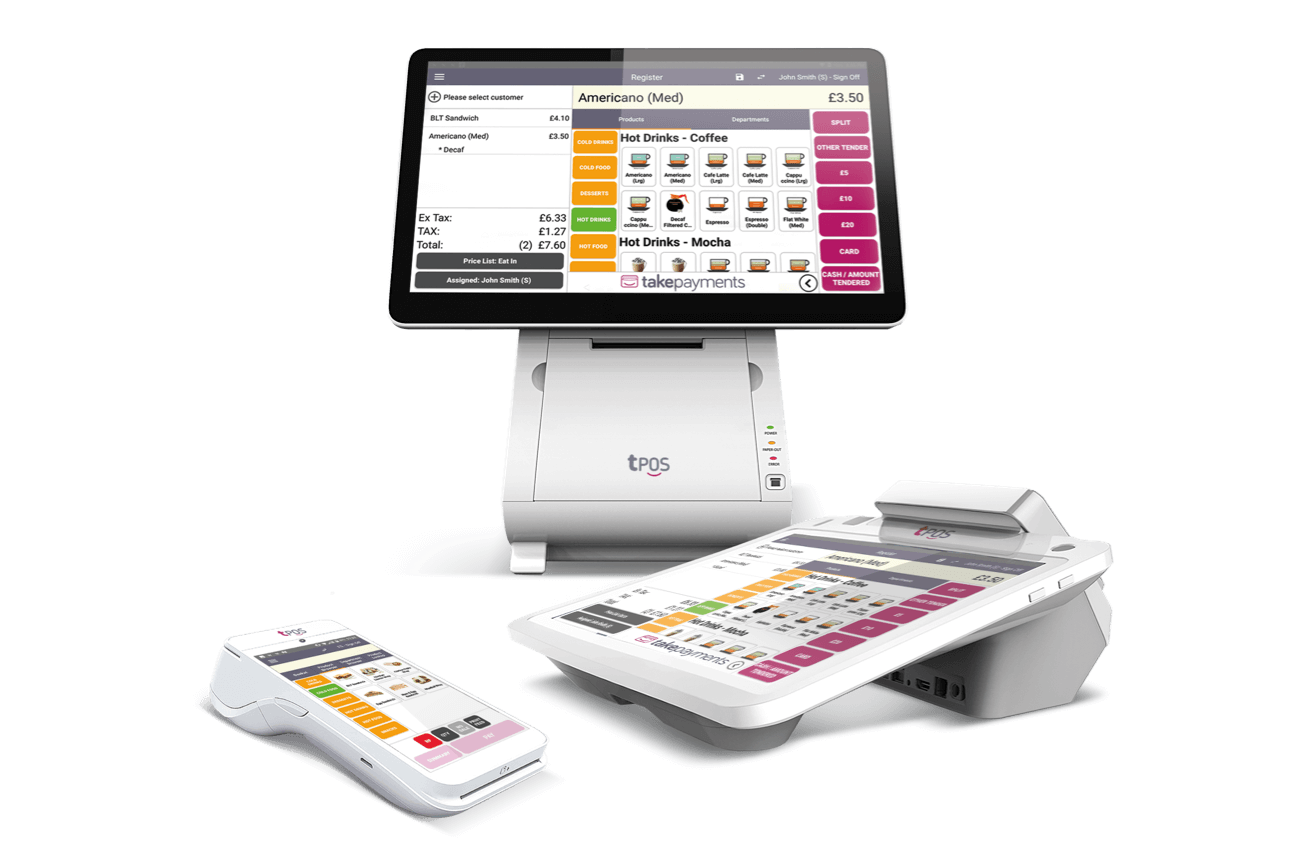
Economics vs Environment: 1,000 Businesses Share Their Top Sustainability Challenges in 2023
Following a summer of extreme heat around the world — including the hottest July on record — environmental action is on everyone’s mind. Consumer expectations of UK businesses and their sustainability practices are high, putting pressure on employers to make decisions that help the country reach net zero.
But with the UK also gripped in a cost of living crisis, this puts UK business owners in a tough spot. The costs associated with going green are increasingly intimidating for employers who are struggling to make ends meet and retain staff that want higher wages. What does that mean for the UK’s bid to become more sustainable in the future?
To find out, we asked 1,000 business owners and leaders to share their thoughts on trying to be more sustainable in 2023 — and what could be done to make it easier for UK employers moving forward.

Business attitudes towards sustainability in 2023
Our respondents listed “Environmental and Sustainability Challenges” as their second-biggest obstacle for 2023, behind only “Financial Challenges”.
Our findings suggest that businesses are less willing, or maybe less able, to take action on sustainability this year. Less than a third of businesses (31%) said they were passionate about making their business more sustainable, down from 39% in 2022.
Part of the reason why companies are placing less emphasis on sustainability is the belief that consumers care less about brands’ green policies than they did last year. Only a quarter (25%) believe their clients and customers care about what the company is doing for the environment — significantly down from 2022 when it was 37%. These findings correlate with those released in the EY Future Consumer Index published in Food Navigator, which found that UK consumers were turning away from sustainable products due to cost of living pressures.
What are businesses doing to reduce their environmental impact?
Despite sustainability dropping down the priority list for many employers, UK businesses are still taking action to reduce their carbon footprint.
The most common measure that companies took was to reduce business waste. 37% of the business owners we surveyed said they were actively trying to reduce their business waste, more than double the 18% that said the same in 2022. On top of that, more than 1 in 6 businesses (18%) are changing their packaging to reduce the amount of non-recyclable waste they produce.
Businesses are also changing where they source their materials in a bid to help the environment. More businesses are using locally or sustainably sourced materials (29%) than last year (22%), and 1 in 5 businesses plan to go cashless or paper-free in the next 12 months. Our recent report on consumer payment preferences suggests that this will be popular with customers, with contactless and mobile payment methods now being preferred to cash by the UK public.
Additionally, business owners are changing the way their teams travel. 22% of respondents said they’re reducing their work travel impacts by increasing online meetings or switching from car to train travel. This correlates with a report from AirPlus International that found single-day business travel bookings in Q1 2023 dropped to about half of what they were in 2019.
I am actively trying to reduce my business waste
We have changed our packaging to reduce the amount of non-recyclable waste we produce
We use locally or sustainably sourced materials
I am planning to go cashless/paper-free in the next 12 months
The most common measure that companies took was to reduce business waste. 37% of the business owners we surveyed said they were actively trying to reduce their business waste, more than double the 18% that said the same in 2022. On top of that, more than 1 in 6 businesses (18%) are changing their packaging to reduce the amount of non-recyclable waste they produce.
Businesses are also changing where they source their materials in a bid to help the environment. More businesses are using locally or sustainably sourced materials (29%) than last year (22%), and 1 in 5 businesses plan to go cashless or paper-free in the next 12 months. Our recent report on consumer payment preferences suggests that this will be popular with customers, with contactless and mobile payment methods now being preferred to cash by the UK public.
Additionally, business owners are changing the way their teams travel. 22% of respondents said they’re reducing their work travel impacts by increasing online meetings or switching from car to train travel. This correlates with a report from AirPlus International that found single-day business travel bookings in Q1 2023 dropped to about half of what they were in 2019.

What are the barriers preventing businesses from doing more?
Implementation costs were by far the biggest barrier preventing businesses from becoming more environmentally friendly, with nearly half (43%) of employers reporting it was hindering their efforts. That’s a significant jump since 2022 when only a third (34%) of businesses cited costs as a major barrier.
The UK government claims that there’s currently more than £5 billion in funding available to help businesses go greener. Despite this, more than a quarter of businesses (27%) felt the government needed to offer more financial incentives for companies to go green, while a third (33%) said that a lack of funding was one of the key barriers preventing them from making changes to reduce their business’s environmental impact.

What the data tell us
Jodie Wilkinson, Head of Strategic Partnerships, at takepayments says: “It’s evident that the pursuit of sustainability is not solely the responsibility of individual businesses; rather, it is a collective endeavour that demands synergy among various stakeholders.
“The data here underscores the need for an approach that aligns the interests of consumers — who are navigating their own economic pressures — with those of businesses struggling to implement environmentally friendly practices within constrained budgets. To achieve lasting change, the government should continue investing in substantial financial incentives and policy frameworks that support the transition to sustainability.”
“Furthermore, fostering a sense of shared responsibility among consumers, who wield significant influence through their purchasing choices, can catalyse businesses to maintain their commitment to sustainability even amidst economic uncertainties.”
“UK business owners need a unified commitment to balance ecological preservation with economic stability, ensuring that the path to a greener future is both viable and equitable for all.”
To see more key findings from the survey, check out our other reports:

Methodology
To collect this data, takepayments surveyed 1,000 UK-based business owners, directors and leaders between 27th July and 1st August 2023. Users were screened prior to their responses and each answer was stratified to ensure maximum accuracy. The survey was built on and distributed by Pollfish, a leading independent consumer insights platform.


